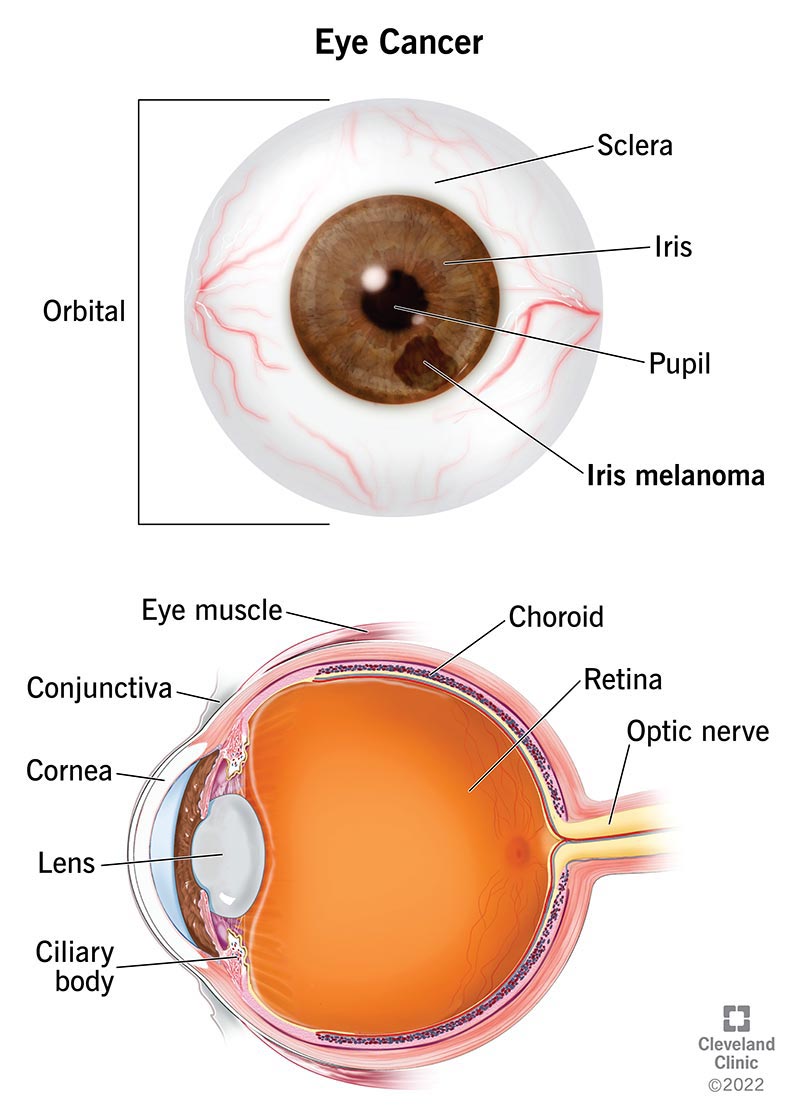The Benefits of Alternative Medicines in Healthcare
Alternative medicines have been growing in popularity in recent years, and for good reason. While conventional medicine certainly has its place, alternative medicines can offer a number of benefits that are often overlooked. In this article, we will explore some of the top alternative medicines in healthcare and the benefits they can bring to patients.
Acupuncture
Acupuncture is a form of traditional Chinese medicine that has been used for thousands of years to treat a range of conditions. The practice involves inserting needles at specific points on the body, with the aim of restoring balance and improving energy flow.
Acupuncture has been found to be effective for a number of conditions, including chronic pain, nausea, and anxiety. It is believed that acupuncture works by stimulating the body’s natural healing mechanisms, which can help to reduce inflammation and promote relaxation.
Studies have also shown that acupuncture can be an effective treatment for migraines and headaches. Acupuncture has been shown to reduce the frequency of migraines and may even help to prevent them from occurring in the first place.
Aromatherapy
Aromatherapy involves using essential oils to promote health and wellbeing. The oils are typically inhaled or applied to the skin, with the aim of improving mood, reducing stress, and relieving pain.
Several essential oils have been found to be effective for pain relief. For example, lavender oil has been shown to be effective for reducing pain and improving sleep quality in patients with fibromyalgia and other chronic pain conditions.
Aromatherapy has also been found to be effective for reducing stress and anxiety. Studies have shown that inhaling certain essential oils, such as lavender and bergamot, can help to reduce stress levels and promote relaxation.
Herbal Medicine
Herbal medicine involves using plants and plant extracts to treat a range of conditions. Many of the drugs that are used in conventional medicine are actually derived from plants, which highlights the potential benefits of these natural remedies.
One of the most popular herbal medicines is St. John’s Wort, which is often used to treat depression. Studies have shown that St. John’s Wort can be just as effective as prescription antidepressants, but with fewer side effects.
Another popular herb is echinacea, which is believed to help boost the immune system. Echinacea has been found to be effective for reducing the severity and duration of colds and flu.
Meditation
Meditation is a mindfulness practice that involves focusing on the present moment. The practice has been found to be effective for reducing stress and anxiety, improving sleep, and boosting mood.
Studies have also shown that meditation can be an effective treatment for chronic pain. People who meditate regularly have been found to have less pain sensitivity and may even require less pain medication.
Meditation has also been found to be effective for reducing inflammation in the body. Chronic inflammation is believed to play a role in the development of many chronic diseases, including heart disease, diabetes, and cancer.
Conclusion
Alternative medicines offer a range of benefits for patients, from reducing pain and improving mood to boosting the immune system and promoting relaxation. While conventional medicine certainly has its place in healthcare, alternative medicines should not be overlooked as a valuable treatment option.
If you are interested in trying alternative medicines, be sure to talk to your healthcare provider for guidance.
Long-Tail Keywords:
- Acupuncture for chronic pain
- Aromatherapy for pain relief
- Herbal medicine for depression
- Meditation for reducing inflammation
- Benefits of alternative medicines
Read more about this topic at
Content Hub and Insightful Industry Analysis
A comprehensive market research / insightful industry …


